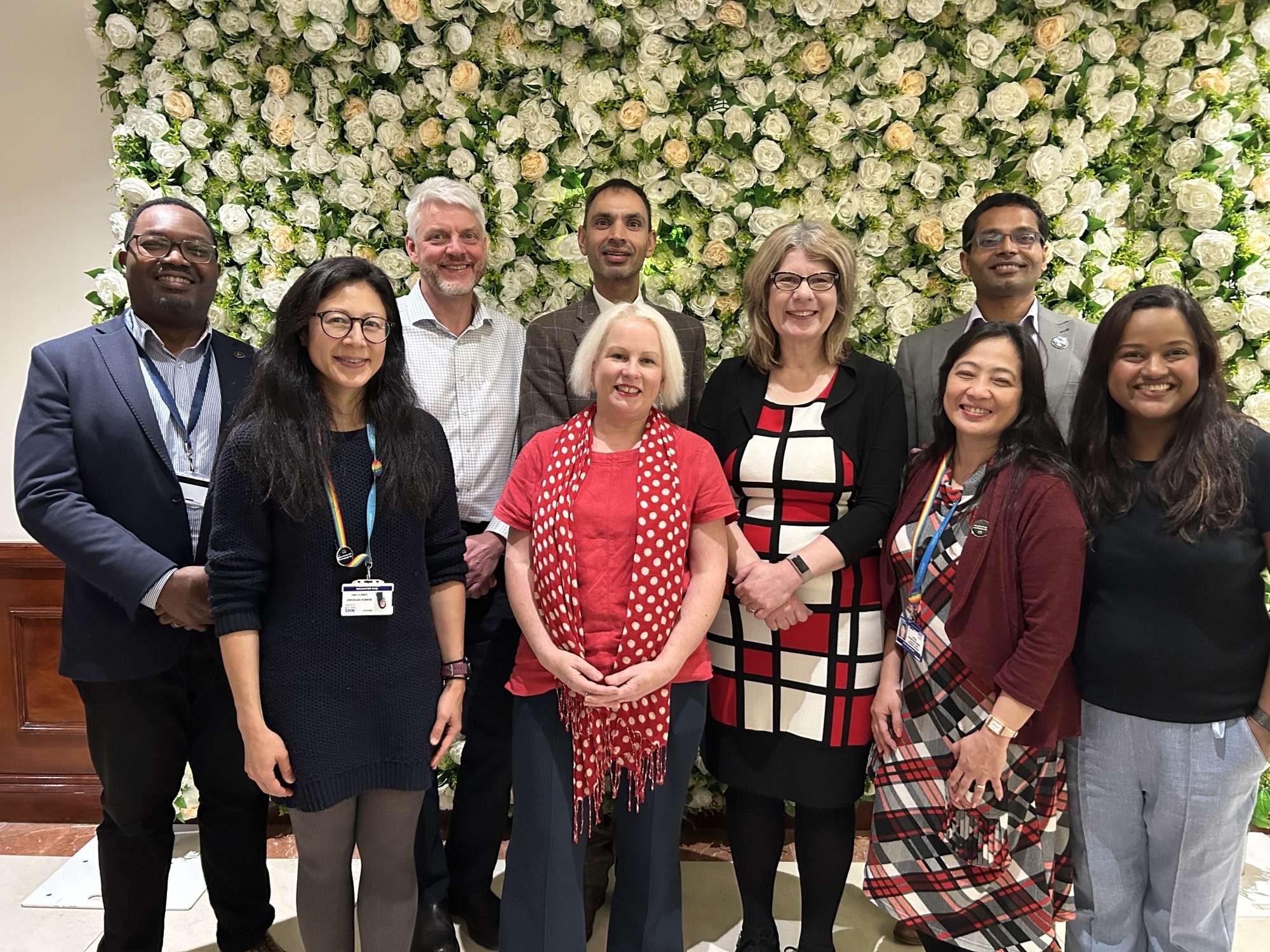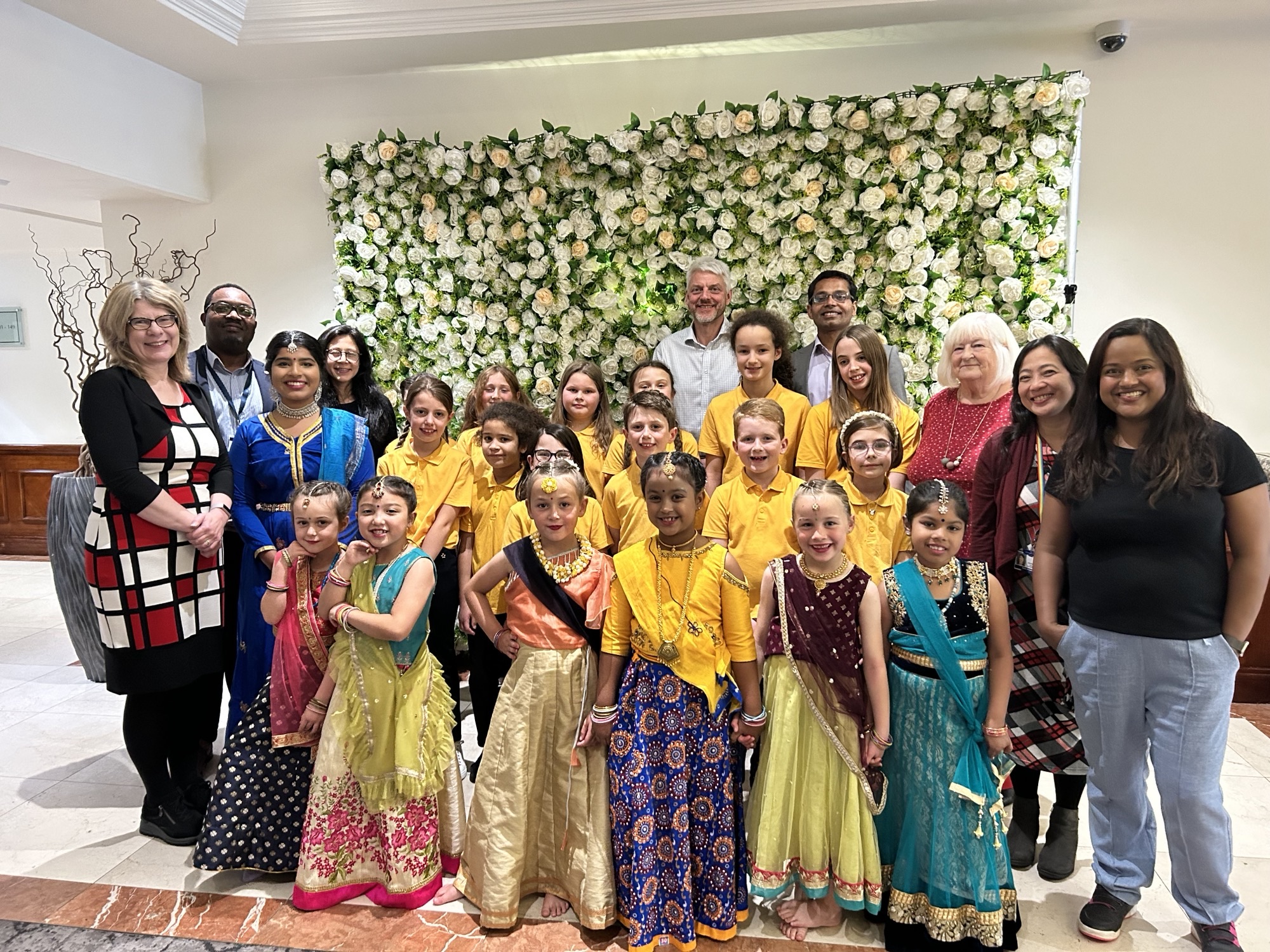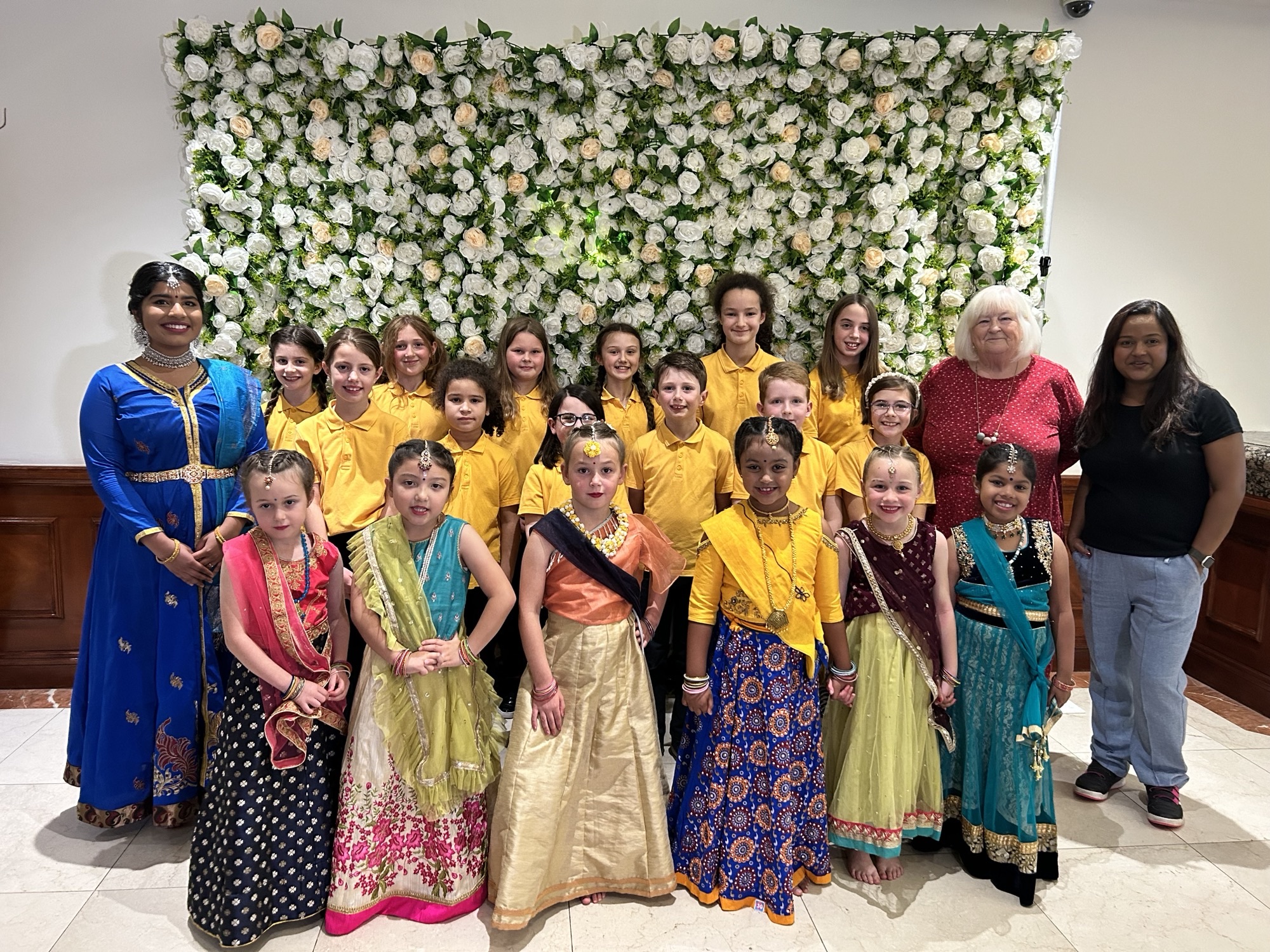NHS Grampian stands “shoulder to shoulder with everyone impacted by racism” as new plan launched
Published: 04/10/2023 11:05NHS Grampian celebrates its first ever Diversity Festival today (Wednesday 4 October) and the launch of the organisation’s new Anti-Racism Plan.
The Anti-Racism Plan is believed to be the first of its kind among regional Scottish health boards and its launch will mark the beginning of a 12-month programme to raise awareness and offer training opportunities across all NHS Grampian sites.
Chair of the Board of NHS Grampian, Alison Evison commented: “We stand shoulder to shoulder with everyone impacted by racism in all its forms and we pledge that we will not stand by and let it happen. This is ‘Speak Up’ week and we know it makes a difference to those with lived experience of coping with racism when they feel someone has their back.
“Anti-racism is about acknowledging racism or bias exists within ourselves and wider society and making a commitment to challenge it.”
Roda Anunciado-Bird, Interim Equality and Diversity Manager for NHS Grampian, has worked with a joint NHS Grampian and University of Aberdeen Race Taskforce as well as NHS Grampian’s Staff Equalities Network and the Grampian Empowered Multicultural Staff (GEMS) Group, who have all contributed to the development of the new Anti-Racism Plan.
She explained: “We live in a multicultural society and our workforce reflects this. Racism is a far-reaching issueand it is our commitment that racist behaviours are addressed in NHS Grampian. One of the ways we're going to help our colleagues and students is by offering training on active bystandership. This teaches you how to safely intervene when you see racism or discrimination happening.”
Dr Petrus Elofuke, who is a Consultant Physician and Associate Director of Medical Education, as well as a member of the GEMS Group, added: “We need to be willing to have difficult conversations about race and racism. We know that’s not always easy, but we need to be willing to listen to the experiences of others. Racism can lead to increased stress, anxiety and depression among healthcare workers, and makes it difficult for people to focus on their work and on their patients. We can work together to help address that.”
The Scottish Government is being represented at the event by Chief People Officer, Fiona Hogg. Colleagues and partners from across Grampian are being given opportunities at the Diversity Festival to learn more about how best to support wellbeing, to share examples of lived experience, to discuss ‘speaking up’ and find out about key programmes including ‘Civility Saves Lives’. Awareness raising is a fundamental part of NHS Grampian’s new Anti-Racism Plan.
Alison added: “We have a dedicated and caring workforce, and I'm confident that by working together we can create an anti-racist NHS Grampian that is a beacon for other organisations in the North East and across Scotland.”
View NHS Grampian’s new Anti-Racism Plan (pdf)
A short explainer document (pdf) takes you through the background to the Diversity Festival and why the Anti-Racism Plan is so important.
---
NHS Grampian’s ‘It’s ok to talk about race’ video highlights the importance of speaking up, of being an active bystander, and of reporting racist incidents – by sharing the lived experiences of colleagues.
More information about Speak Up Week is available online: Speak Up Week | INWO (spso.org.uk)
National context:
The Scotland Act 1998 gives the Scottish Parliament power to encourage equal opportunities and take positive action to address areas of under representation. It also has the power to impose duties on Scottish public authorities and cross-border public bodies operating in Scotland.
The public sector equality duty (or general duty) in the Equality Act 2010 came into force in 2011. It means Scottish public authorities must have 'due regard' to the need to: eliminate unlawful discrimination, advance equality of opportunity and foster good relations.
In 2012, Scottish Ministers made regulations that placed specific duties on Scottish public bodies to help them meet the general duty. These are also known as the Scottish Specific Duties.




